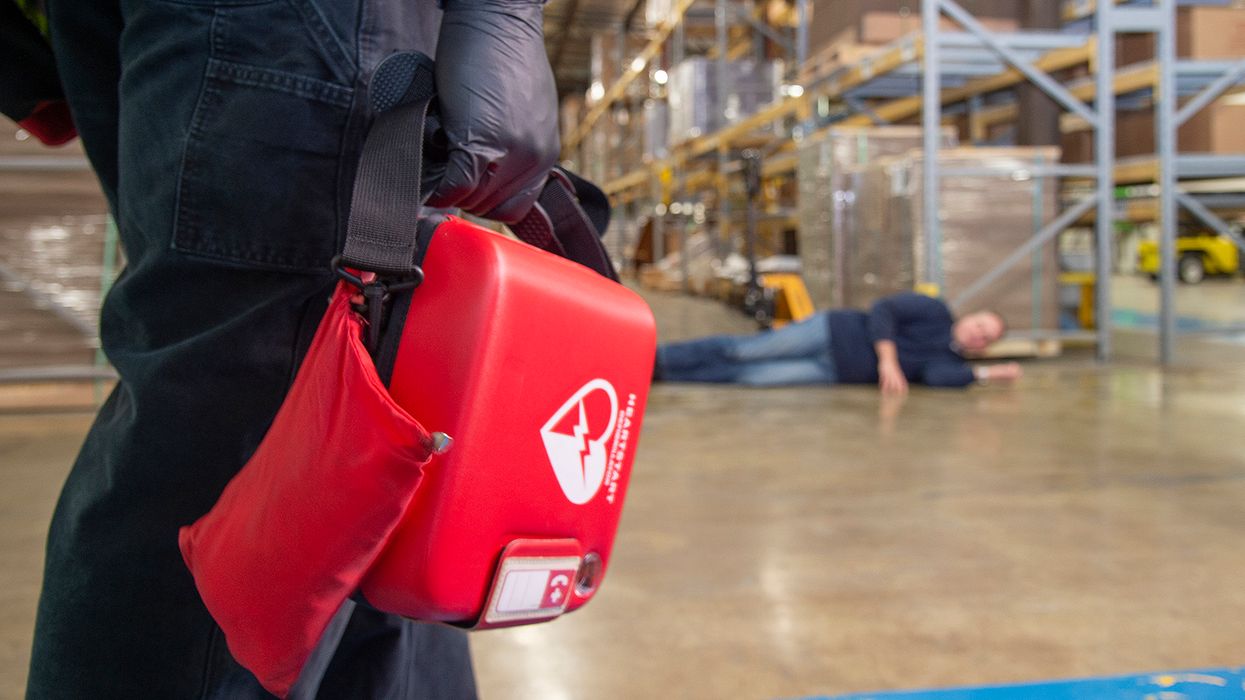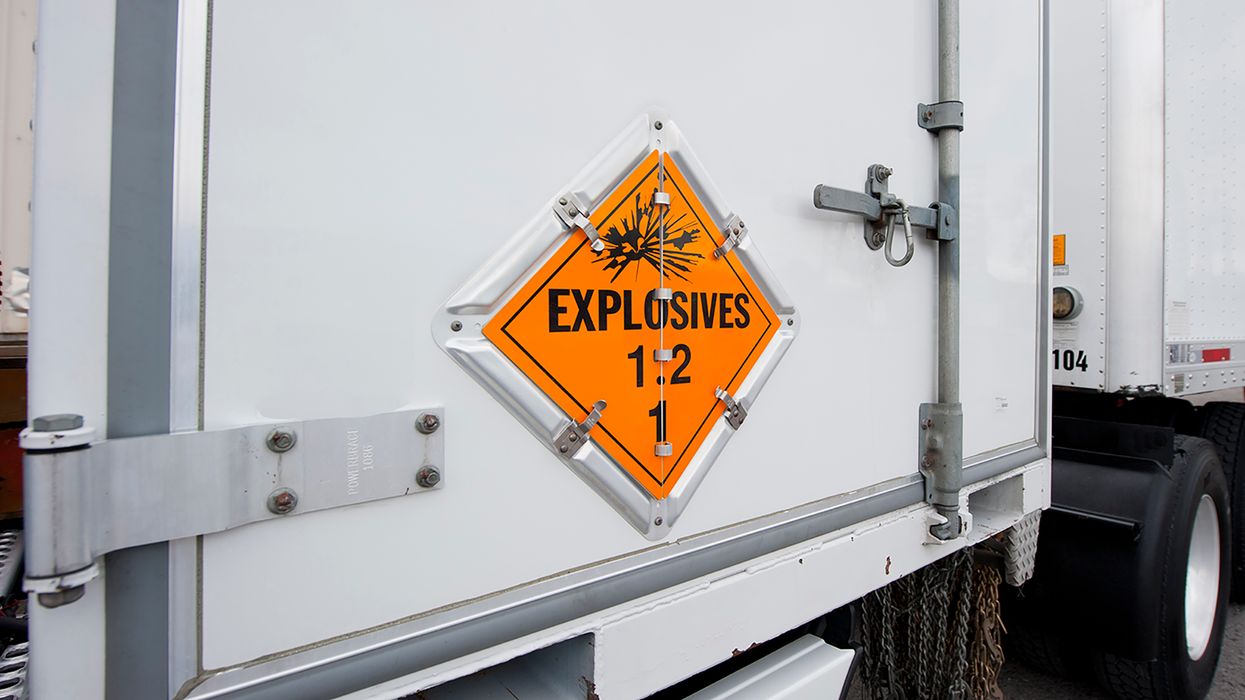New DOT exemptions could lighten your load
Several companies and organizations were recently provided relief from portions of the Federal Motor Carrier Safety Regulations. Can you or your drivers benefit?
The Federal Motor Carrier Safety Administration (FMCSA) is authorized to issue temporary exemptions from its safety regulations if it determines that safety will not be compromised. Motor carriers and others may apply for an exemption using the procedures in 49 CFR 381, Subpart C.
Some exemptions can be very narrow in scope, applying to a single company or driver, but others may be wide open for anyone to use if the terms are met.
The following are five exemptions the FMCSA has either issued or renewed so far in 2024. See if your drivers might qualify for any of them.
1. Video-based ‘mirrors’
Eligibility: Any driver using the “MirrorEye” system from Stoneridge Inc., which uses multiple digital cameras mounted on the exterior of the vehicle and a high-definition monitor mounted to each A-pillar inside.
Issued: February 21, 2019, renewed February 2, 2024
Exempted from: 49 CFR 393.80, which requires two exterior rear-vision mirrors on commercial trucks.
Why it’s needed: To allow the use of video-based systems in place of rearview mirrors. Other system providers have received a similar exemption, so check with the manufacturer to verify whether they’ve received one.
Conditions: Drivers using the exemption must inspect the system before driving and at the end of each day, and the motor carrier must inspect the system annually. Any defects must be repaired before the next dispatch.
Expiration date: February 12, 2029
2. Flags on projecting automobiles
Eligibility: Any driver operating a stinger-steered automobile transporter with a load of new or used motor vehicles that project up to six feet from the rear.
Issued: February 15, 2019, renewed February 21, 2024
Exempted from: 49 CFR 393.87, which requires warning flags on projecting loads of new and used motor vehicles or other cargo.
Why it’s needed: To avoid damaging automobiles that are being transported for sale (manufacturers prohibit transporters from attaching flags or other items).
Conditions: If there’s a crash into the rear end of an exempted vehicle, the company must notify the FMCSA within seven business days. Overhanging vehicles must be equipped with all other required lights and reflective devices.
Expiration date: August 9, 2024
3. ELDs in movie production
Eligibility: Any of the roughly 8,300 drivers providing transportation to and from theatrical and television motion-picture production sites.
Issued: January 19, 2018, renewed February 15, 2024
Exempted from: 49 CFR 395.8(a), which requires electronic logging devices (ELDs) for most long-haul drivers.
Why it’s needed: Drivers in the motion-picture industry operate for multiple carriers over brief periods of time, making ELD management difficult.
Conditions: Drivers must use paper logs and must submit them within 24 hours (instead of 13 days). Drivers must also carry a copy of the exemption notice and must hand it to enforcement officials upon request.
Expiration date: January 19, 2028
4. CDLs from Hawaii
Eligibility: Commercial driver’s license (CDL) applicants who take their skills test on the islands of Lanai or Molokai.
Issued: February 20, 2024
Exempted from: 49 CFR 383.113(c)(2) and (4), which require CDL applicants to demonstrate their ability to change lanes and pass safely.
Why it’s needed: The islands of Lanai and Molokai don’t have highway segments long and wide enough to perform these skills.
Conditions: Drivers will be issued a restricted CDL, labeled “R—Restriction,” which will limit them to driving on Lanai and/or Molokai only.
Expiration date: February 20, 2026
5. Paper mill products in Chattanooga
Eligibility: Employees who work in the shipping department of WestRock, a packaging company in Chattanooga, Tennessee.
Issued: April 17, 2012, renewed January 19, 2024
Exempted from: 49 CFR 395.3(a)(2), which requires truck drivers to have 10 hours off and stop driving by the end of the 14th consecutive hour.
Why it’s needed: To accommodate the company’s complex system of rotating work-shifts.
Conditions: The exemption applies only when transporting paper-mill products on a 275-foot route on Compress Street between WestRock’s shipping and receiving departments. Drivers must have at least 8 hours off and work no more than 16 consecutive hours. The company must notify the FMCSA within five days of any crash involving exempted drivers.
Expiration date: April 16, 2029
Key to remember: So far in 2024, the FMCSA has issued or renewed five exemptions from portions of its safety regulations. Review the list to see if any of your drivers may benefit.



















































